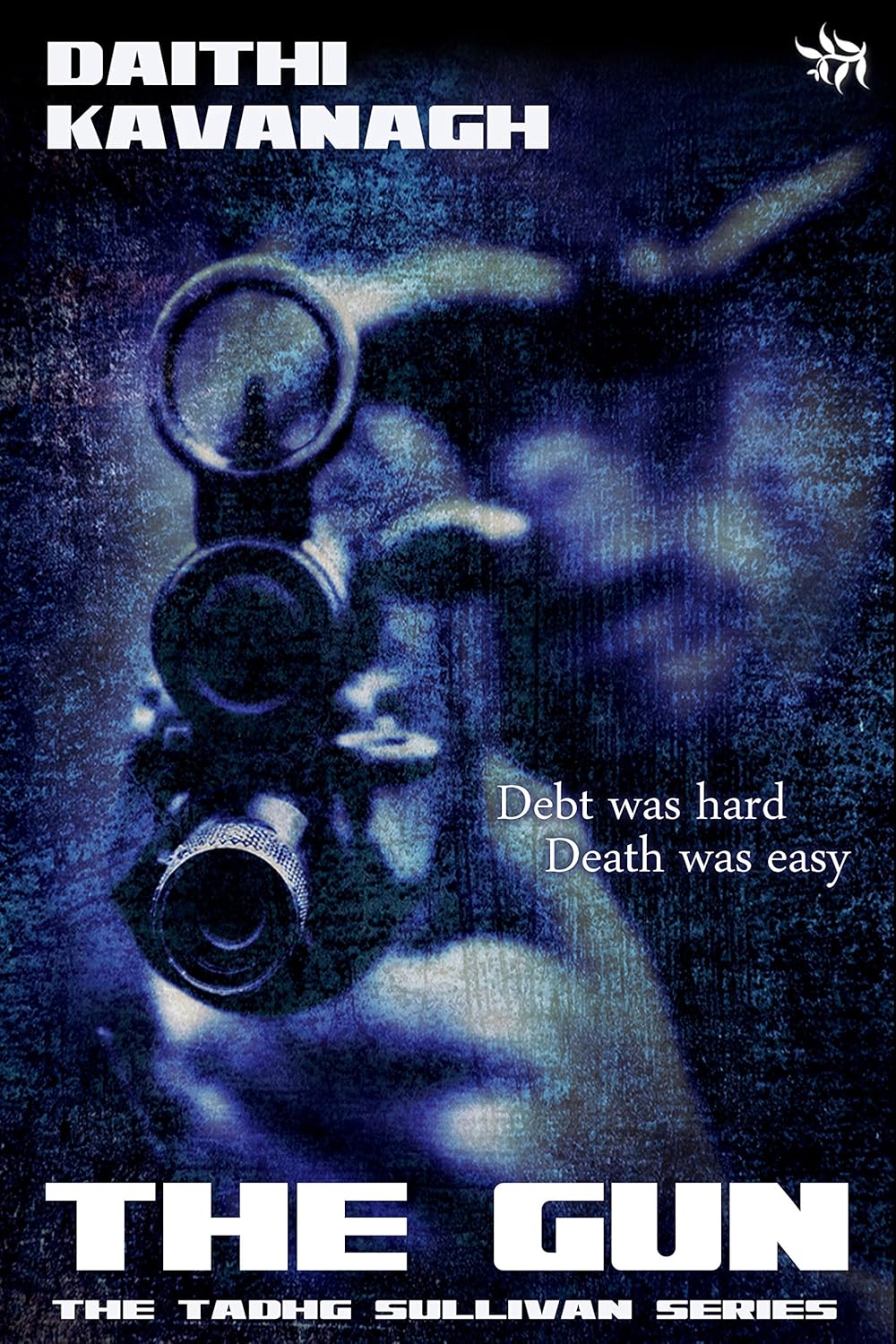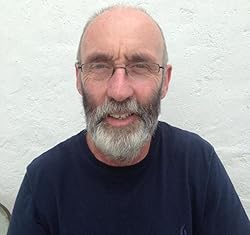_______________________________________________
Garda Detective Tadhg Sullivan leads a special unit that investigates politically motivated crime. A man known only as The Deerstalker is a cancer who has infected the Irish political system.
Sullivan teams up with journalist Helen Carty, and together they try tracking down the mysterious killer. Carty adds to Sullivan’s problems, when he finds himself falling in love with her. And further complicating things, he starts losing trust in his partner, Detective Pat Carter, who appears to be on the side of the Garda Commissioner, who Sullivan is rapidly falling out with.
Sullivan’s case is further thrown into confusion when a copycat killer, Tommy Walsh, is shot dead by the CIA. When the CIA discovers that they've killed the wrong person, the two agents involved--Simon, who has become disillusioned by his time stationed in the Middle East, and Joey, a psychopath who confuses zealotry with patriotism--are also in pursuit of The Deerstalker.
Sullivan finds himself in a race against time, if he is to arrest The Deerstalker before the CIA take him out, and use his death as a pawn in a political game of chess.
MJN: Would
you say that Irish crime thrillers in some way try to mimic their American
"siblings"? I noticed that your diction is very American. You use
terms like "health freak". Are American crime writers popular in
Ireland?
DK: I haven’t read many Irish Crime novels up
to now. Any I have read have appeared very Americanized. It’s unavoidable as we
all speak English and the same phrases such as “health freak” are used anywhere
where the English language is spoken. American crime writers are very popular
in Ireland but personally I prefer the Nordic writers such as Henning Mankel.
MJN: The main character's mother captured my attention. She is the toxic matriarch who puts blue rinse in her hair and marches her small family to church, even though to her it's just a socially necessary obligation. Would you say that her behavior is a belated rebellion against the patriarchal values of De Valera's era? It's like she's trying to punish the entire male species for some universal transgression against her "sisters".
MJN: The main character's mother captured my attention. She is the toxic matriarch who puts blue rinse in her hair and marches her small family to church, even though to her it's just a socially necessary obligation. Would you say that her behavior is a belated rebellion against the patriarchal values of De Valera's era? It's like she's trying to punish the entire male species for some universal transgression against her "sisters".
DK: Her tyrannical behavior was driven by the
poverty she grew up in due to her father’s involvement in the civil war. Then
when De Valera came to power (like his predecessor Michael Collins) he turned
the guns he’d used against the British on his ex comrades. Due to her father’s
alienation after fighting on the republican side, she felt she was left a
social outcast, and she carried that throughout her life and into her marriage
to a weaker man, who was made to pay for the sins of her father.
MJN: "The North" has been out of the world news in the past years. I write Irish historical novels, so I follow Irish politics to a certain degree. But it sounds like the rest of the world is more preoccupied with what's going on in the Middle East (and Ukraine).
MJN: "The North" has been out of the world news in the past years. I write Irish historical novels, so I follow Irish politics to a certain degree. But it sounds like the rest of the world is more preoccupied with what's going on in the Middle East (and Ukraine).
DK: I agree with you, that’s why I tied the
Middle East into the novel through the character of Simon Horowitz. These
things tend to go around in a circle and I’m sure when the Middle East has run
its course, trouble will probably return to Europe, and already has done, as
you mentioned, in the Ukraine.
MJN: What is the attitude in Ireland towards American authors who write about Irish history? In your opinion, are they embraced or dismissed? I'm asking as an American writer - not even Irish-American but Russian-American to be precise - who has devoted her literary career to Irish history. A few years ago a British press that contracted my novel ended up backing out of the contract because the Irish distributor balked at the idea of supporting a non-Irish writer. They loved the book, but they hated the fact that I was not "local" or at least "more prominent". Needless to say, I was very sad and disappointed, but I quickly found an American publisher.
MJN: What is the attitude in Ireland towards American authors who write about Irish history? In your opinion, are they embraced or dismissed? I'm asking as an American writer - not even Irish-American but Russian-American to be precise - who has devoted her literary career to Irish history. A few years ago a British press that contracted my novel ended up backing out of the contract because the Irish distributor balked at the idea of supporting a non-Irish writer. They loved the book, but they hated the fact that I was not "local" or at least "more prominent". Needless to say, I was very sad and disappointed, but I quickly found an American publisher.
DK: I have a strong interest in politics but I
think “the troubles” here turned a lot of people off reading about it. That is
probably why I tend to read crime novels myself. But my interest in politics
pushed me in the direction of putting a political slant on the book. I don’t
know if there is a bias against American authors who write Irish history. To be
honest it’s a possibility but I’m sure if it were English, French or German
writers, the same bias would exist.
MJN:
Thank you for having the cover of your novel in blue hues versus green. I think
I would've had a Blarney overdose otherwise. Jokes aside, any Irish-themed book
marketed to the American audience has some sort of green on the cover, so the
"dumb Americans" would make that instant connection. Sure, slap a
shamrock! And if a novel has a Russian or Chinese cultural connection, the
cover has to be done in bright reds. I find that tactic condescending, but I
understand that publishers have to do what they must to sell copies.
Nevertheless, I do commend your publisher for sticking with a cliche free color
scheme. If I understand correctly, it's not an "Irish thriller" but
rather "a thriller set in Ireland". You catch the difference?
DK: I’m glad you like the cover. I chose the
colour scheme because I would prefer the book be taken seriously than sell an extra
couple of copies by sticking a shamrock on it! I doubt many people think
Americans are taken in by such clichés anyway. I tend not to pay much attention
to what people think. The world is full of all kinds of people – those who
believe the clichés and don’t believe them and that is a fact whether you live
in America, Ireland, Russia, China or anywhere else in the world. It is a
thriller set in Ireland as you say, but I think the characters are distinctly
Irish. I put a number of American characters into the book as well and I hope
they don’t come across as clichéd.


Thank you Marina for hosting me and The Gun today! I look forward to some questions or comments.
ReplyDeleteGreat interview, Daithi, and a stellar series!
ReplyDeleteThank you Kem! Enjoying every minute of it. Part 3 is on the way!
DeleteA very interesting in depth interview Daithi.
ReplyDeleteTee
Thank you Tee I really enjoyed doing this interview!
Delete